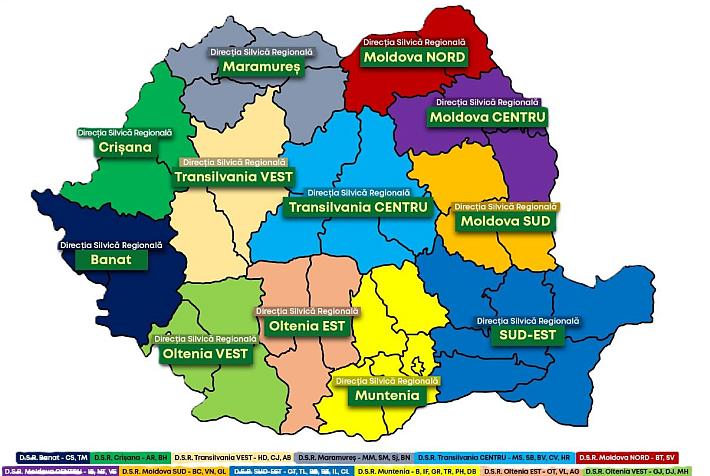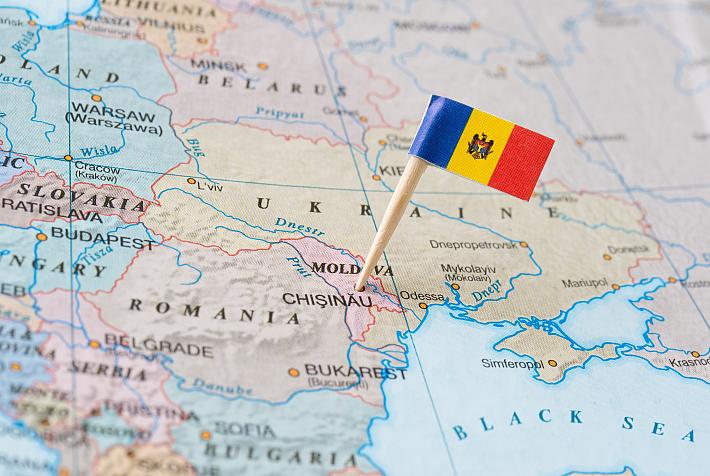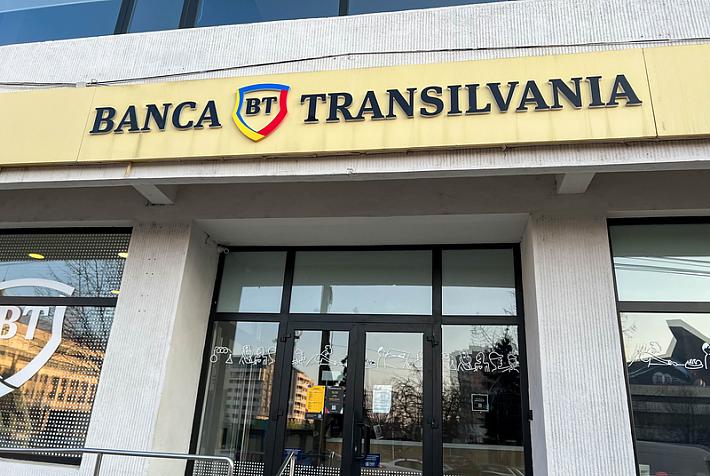Amnesty: Europe's Roma are still poverty stricken, persecuted, outcast in Romania and beyond
 Rights for Romani people is an issue Romania cannot escape, with one of the largest Roma populations in Europe, and one of the highest percentages of population of Roma ethnicity, the challenges faced by Romania are bigger and more pertinent than elsewhere.
Rights for Romani people is an issue Romania cannot escape, with one of the largest Roma populations in Europe, and one of the highest percentages of population of Roma ethnicity, the challenges faced by Romania are bigger and more pertinent than elsewhere.
Timed to coincide with International Romani Day on April 8, human rights campaign group Amnesty International has produced a report on Roma rights across the EU. The results are depressingly familiar. Figures for health, employment, education, income, housing, all point in the same direction – life in 2012 for Europe's Roma populations is still characterized by poverty, discrimination and marginalization.
According to Amnesty International, Europe's between 10 and 12 million Roma people “have lower incomes, worse health, poorer housing, lower literacy rates and higher levels of unemployment than the rest of the population.” The problem is Europe wide, and the blame lies with everyone. “These are not simply consequences of poverty; they are the result of widespread, often systematic, discrimination and other human rights violations,” reads Amnesty's report.
Amnesty International indicates that around 80 percent of the estimated 2 million Roma in Romania live in poverty. Discrimination against Roma is described as widespread, but what exactly does 'widespread discrimination' mean? For Romania's Roma it means politicians publicly claiming a “natural” tendency among them to criminality, it means the President calling them “delinquents” and saying they are “unwilling to work” and it also means a parliamentary proposal to officially label ethnic Romani people in Romania with the derogatory term 'Ţigan.' This would be similar to the US government officially renaming the African American population as 'niggers'. Amnesty gives a revealing statistic to highlight views on Roma among the general population – “the Romanian Institute for Evaluation and Strategy in October showed that 67 per cent of Romanians would not accept a member of the Romani community in their family.”
The European Roma Rights Centre describes segregation in the education as “systematic.” This, however, is an area where there is at least some visible government action. The Ministry of Education has set up guidelines and put new rules in place to stop the exclusion and segregation of Romani students in school.
Housing is another of area of concern for various NGOs. Forcible evictions of Roma people still appear to occur in Romania and the net result is often overcrowding into woefully inadequate housing aside rubbish dumps and sewage treatment plants. Amnesty International is currently involved in an ongoing case in Cluj Napoca. Over a year ago, 356 majority Roma people were forcibly evicted from the city center. The municipality provided housing in the outskirts of the city for some of the evicted families, but with as many as 13 people in a single room, and access to only cold water shared by up to four families, the provision was described by Amnesty as “inadequate.” Another families 29 families were not provided with alternative housing, they constructed make shift dwellings without water, sanitation or electricity and could be evicted anytime as they have no rights to the land on which they built homes. In this case, the municipality has started to address the issue, and Amnesty welcomes commitments made by the local authorities, but Amnesty “urges the municipality to translate this commitment into concrete immediate policies that respect the rights of Roma living Cluj-Napoca.”
With deep-rooted discrimination at all levels of Romanian society, ongoing human rights abuses and endemic poverty and all the resulting problems, Romani rights in Romania have a long way to go.
Read more from Amnesty International here and here. Find out more from the European Roma Rights Centre.
Liam Lever, liam@romania-insider.com
(photo source: European Roma Rights Center)











